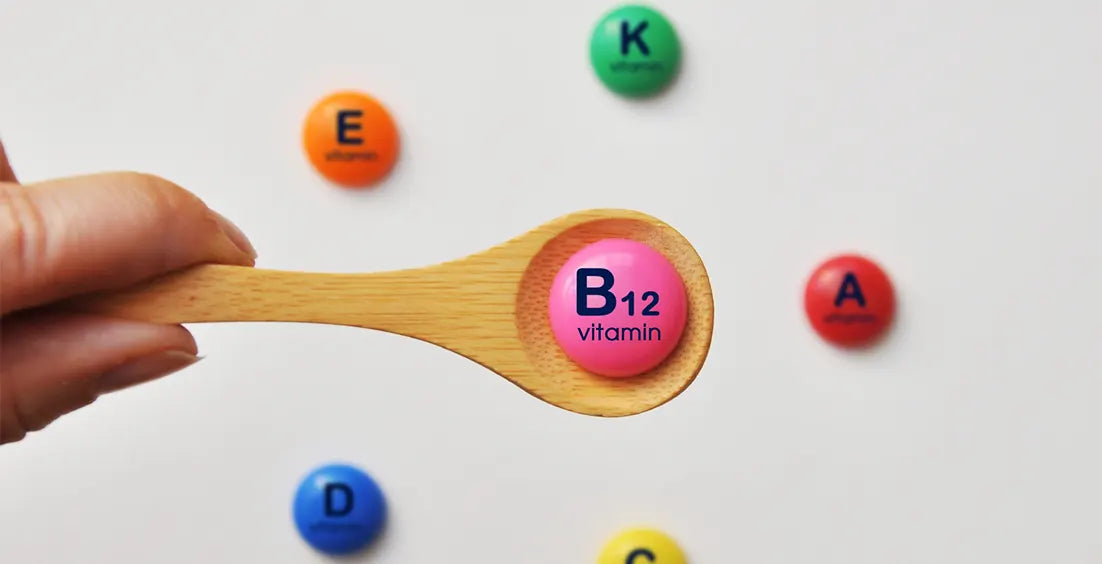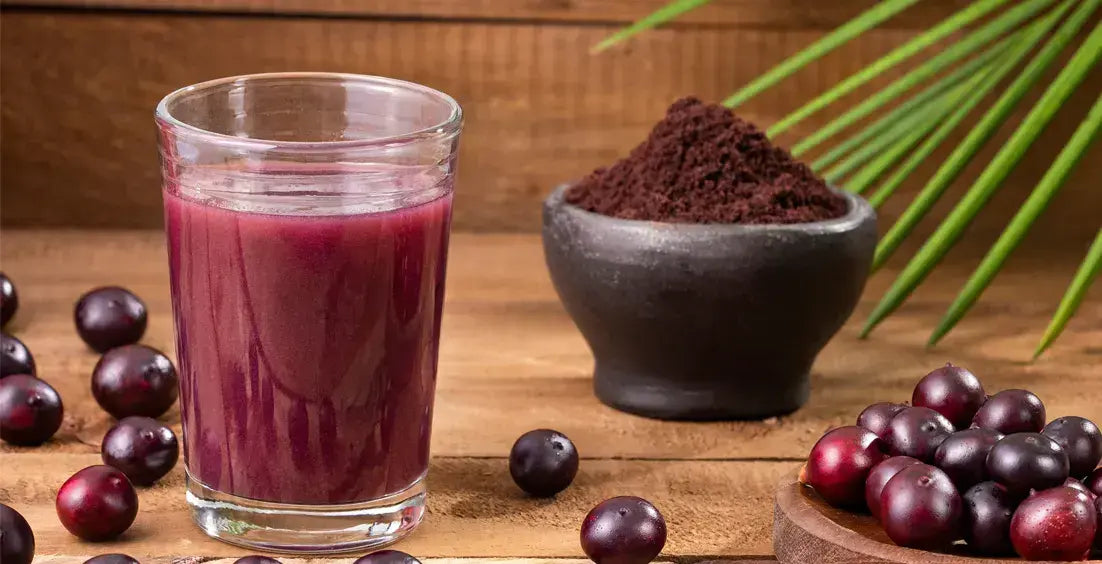What Foods Have Vitamin B12 That You Should Eat?
Vitamin B12 is an essential nutrient crucial for various bodily functions, particularly in supporting the nervous system and the formation of red blood cells.

Popular Stories
- Best Liquid B12 Supplement: Find out its Dosage & Health Benefits
- Best BCAA Supplements for Fat Loss and Muscle Retention
- Best Maca Root Supplement For Men’s Health, Hormones, & Well-Being
- Best Acai Berry Supplements: The Ultimate Buying Guide
- Spirulina Benefits for Women: Superfood for Skin & Hormones
- Best Foods for Weight Loss: Healthy Meal Options to Try
References
- Vitamin B12—Multifaceted In Vivo Functions and In Vitro Applications - https://www.ncbi.nlm.nih.gov/pmc/articles/PMC10305463/
- Vitamin B12 in Health and Disease - https://www.ncbi.nlm.nih.gov/pmc/articles/PMC3257642/
- Vitamin B12 Status and Optimal Range for Hemoglobin Formation in Elite Athletes - https://www.ncbi.nlm.nih.gov/pmc/articles/PMC7230602/
- B Vitamins and the Brain: Mechanisms, Dose, and Efficacy—A Review - https://www.ncbi.nlm.nih.gov/pmc/articles/PMC4772032/
- Hyperpigmentation as a Primary Symptom of Vitamin B12 Deficiency: A Case Report - https://www.ncbi.nlm.nih.gov/pmc/articles/PMC9551622/


 Skin Detoxification Bundle
Skin Detoxification Bundle Complete Weight Loss Bundle
Complete Weight Loss Bundle Heart Care Bundle
Heart Care Bundle Better Immunity Bundle
Better Immunity Bundle  Men's Immunity & Prostate Health Bundle
Men's Immunity & Prostate Health Bundle Stress + Energy + Wellness Combo
Stress + Energy + Wellness Combo  Energy Booster Combo
Energy Booster Combo Natural Skin Care Bundle
Natural Skin Care Bundle Workout Supplements Combo
Workout Supplements Combo Cognitive Health & Vision Combo
Cognitive Health & Vision Combo Joint Health Support Combo
Joint Health Support Combo



































